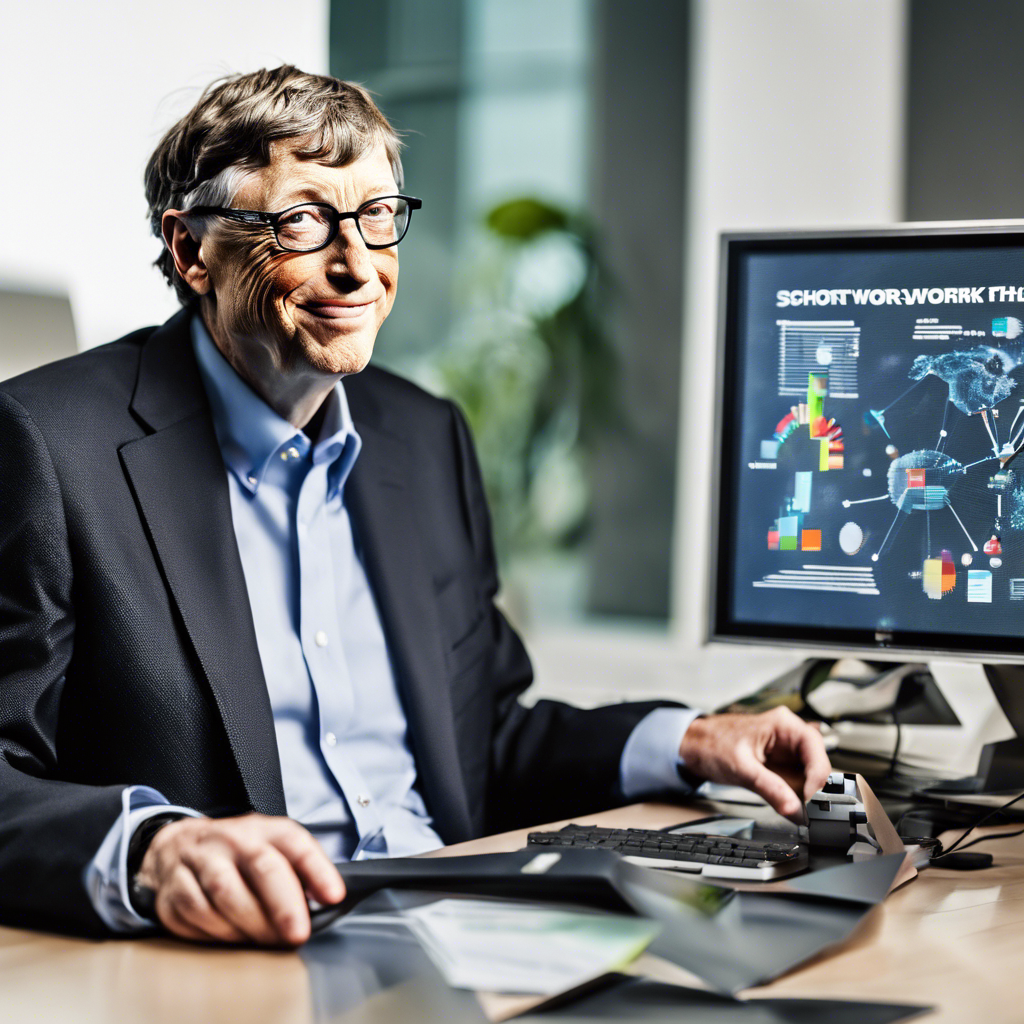Bill Gates Envisions a Future with Shorter Work Weeks Thanks to Technology

The billionaire philanthropist discusses the potential of technology to free up labor and create a more balanced work-life dynamic.
In a recent podcast interview with comedian Trevor Noah, billionaire philanthropist Bill Gates shared his optimistic view on the impact of technology on the future of work. Gates believes that rather than replacing humans, technology has the potential to create a society where a three-day work week is possible. This vision is based on the idea that machines can take over labor-intensive tasks, freeing up humans to focus on more meaningful and fulfilling work. In the interview, Gates also emphasized the importance of supporting individuals in acquiring new skills to adapt to the changing job landscape.
Shifting Perspectives on Labor
Gates highlighted the evolution of labor over generations, drawing parallels between the changing nature of work and the advancements in technology. He described how his grandfather believed that farming was the only true job, while his father engaged in various occupations. Today, only 2% of Americans work as farmers, showcasing the significant shifts that have occurred in the labor market. According to Gates, as technology progresses, it has the potential to eliminate labor-intensive tasks, allowing humans to focus on more productive and fulfilling endeavors.
The Role of Government and Skill Development
While Gates acknowledged the potential benefits of technological progress, he also emphasized the importance of a reasonable rate of change and government support for individuals adapting to these changes. He stressed the need for governments to invest in programs that help people acquire new skills and transition into new industries. Gates believes that with the right support, technological advancements can lead to smaller class sizes, better care for the elderly, and the accomplishment of more significant societal goals.
Artificial Intelligence in Education
Gates also expressed his belief in the transformative power of artificial intelligence (AI) in the field of education. He compared the development of ChatGPT, an AI language model, to his experience with the of the graphical user interface in the 1980s. Gates sees AI as a groundbreaking tool that can revolutionize education and ensure that low-income nations and marginalized communities have access to quality learning resources.
Looking Towards the Future
As technology continues to advance, Gates envisions a future where humans can enjoy a more balanced work-life dynamic. He believes that by leveraging technology to automate repetitive and labor-intensive tasks, individuals will have more time to engage in meaningful and fulfilling work. Gates’ vision aligns with the idea that technology should be used as a tool to enhance human capabilities rather than replace them entirely.
Conclusion:
Bill Gates’ optimistic outlook on the future of work highlights the potential of technology to create a society with shorter work weeks. He envisions a world where machines take over mundane tasks, allowing humans to focus on more productive and fulfilling endeavors. However, Gates emphasizes the importance of government support and investment in skill development to ensure a smooth transition for individuals. As technology continues to evolve, it is crucial to strike a balance between automation and human labor to create a future that benefits both society and individuals.










